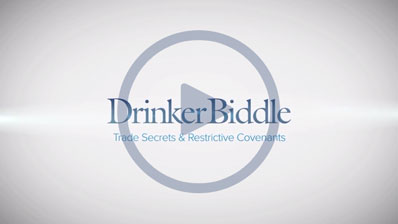Join our friends on the California HR team on Wednesday, July 30, from 10:00 – 11:00 a.m. Pacific (1:00 p.m. Eastern), as they provide a complimentary one-hour webinar on current hot topics that may impact employers not just in California, but also nationwide, as they deal with Federal agency enforcement plans.
Presented by:
Kate S. Gold, Partner, Labor & Employment
Bruce L. Ashton, Partner, Employee Benefits & Executive Compensation
Philippe A. Lebel, Associate, Labor & Employment
Ryan C. Tzeng, Associate, Employee Benefits & Executive Compensation

Date: Wednesday, July 30, 2014
Time: 10:00 a.m. Pacific (1:00 p.m. Eastern)
Location: Webinar (Dial-in details and Outlook calendar link will be sent with registration confirmation)
Topics to be discussed during the one hour webinar will include:
- The EEOC’s Strategic Enforcement Plan and its impact on employment separation agreements and releases
- What the DOL and IRS are looking for when they audit your retirement plan… and what you should do about it
- The Department of Labor’s modernization of the FLSA overtime exemptions
- Strategies for surviving a DOL investigation or IRS audit of your retirement plan
- The National Labor Relations Board’s focus on employee rights to engage in concerted activity, and the impact on employer confidentiality agreements, social media policies, and arbitration agreements
There will be an opportunity at the end of the program to ask questions.
*CLE Information: This program has been approved by the California State CLE Board for 1.0 substantive credit hour.
Questions? Please contact Liz Jutila at Liz.Jutila@dbr.com







